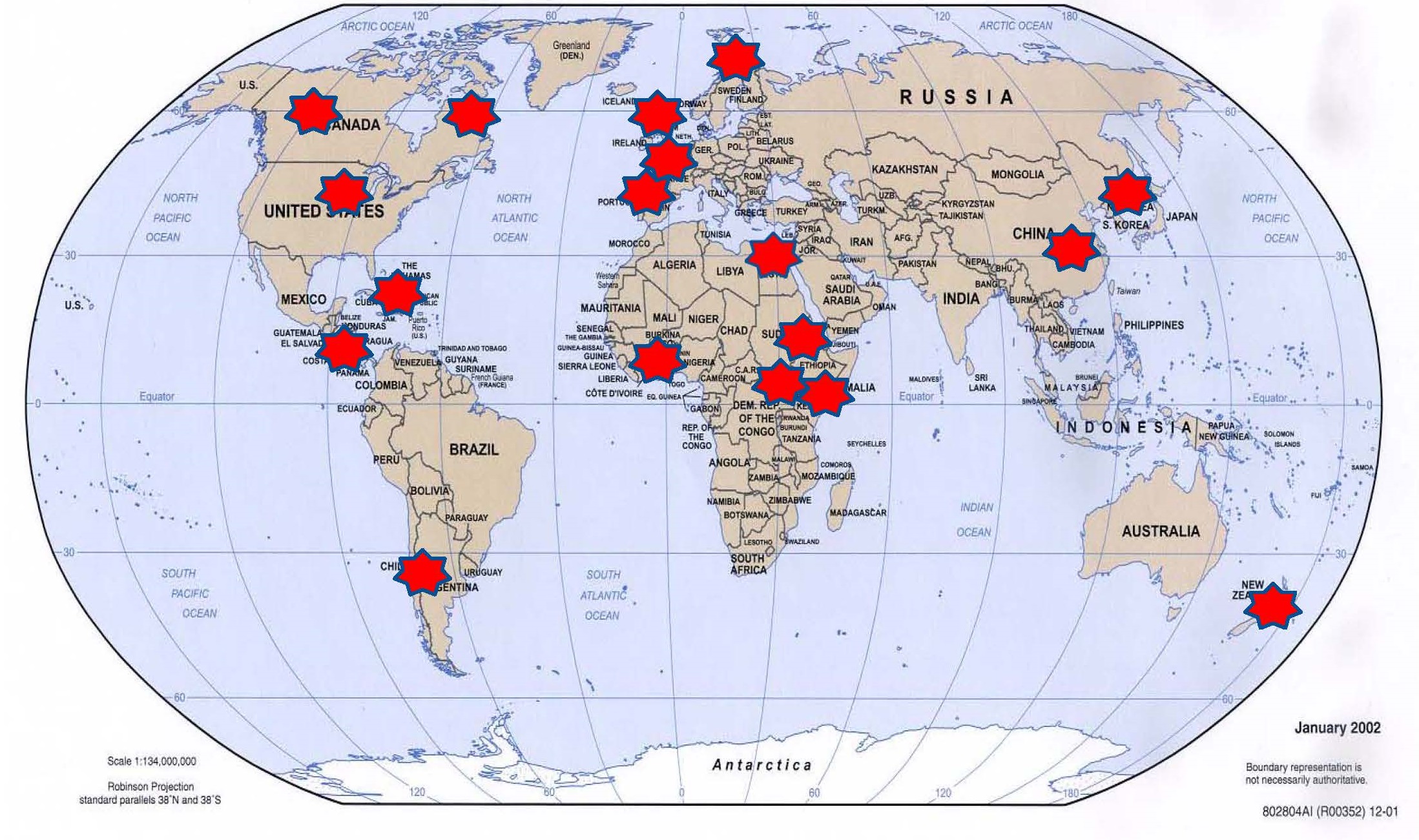The foundation of De. Guo-Brennan's passion and systematic understanding of teaching, learning, and leadership is my interdisciplinary research, academic training, and professional experiences in the fields of higher education, teacher education, global competence and citizenship education, international education, educational administration and leadership, curriculum studies, and international development. Good teaching and learning moves beyond the familiar and predictable and creates an open and inclusive environment of dialogue, discovery, and transformation. The goal of her teaching is to develop globally competent citizens, educators, and leaders who have the knowledge and critical literacy about significant educational issues understand how these issues affect the educational system, policy, leadership, and praxis, is culturally competent to create an inclusive environment for a diverse population and demonstrates a commitment to lifelong learning with global competency and strong professional capacity. Her teaching is guided by three principles:
- Respecting students as partners in learning and knowledge creation.
- Designing and delivering curriculum and activities that are challenging, engaging, current and relevant.
- Fostering learning environments that are inclusive, stimulating, motivating and supportive.
Courses Taught
Graduate Level
Advanced Qualitative Research Methodology
The doctoral level course aims to help participants acquire in-depth knowledge about the four methodologies (hermeneutics, phenomenology, case study, and critical theory), learn about their strengths and weaknesses and build competencies to apply them to their own research projects.
Innovation in Global Leadership
This is a doctoral level course examining innovation through an analysis of theory, measurement, diffusion, strategy, costs, tools, models, applications, benchmarking, and future trends. The course allows learners to understand and analyze infrastructure, motivation, and leadership competencies for innovation.
Introduction to Research Methods in Education
This course introduces the key elements and process of conducting qualitative, quantitative and mixed-method research in education.
Curriculum: Leadership in Learning
Focusing on critical study of concepts in contemporary curricular discourse, this course examines the historical and current curriculum frameworks as well as key concepts and skills in curriculum design, development and implementation.
Global Education
Focusing on critical examination and reflection on global education theory, research and practice, this course introduces global education framework, curriculum and pedagogy for educators and practitioners.
International Education and Development
This course introduces the fields of international education and development, broadly defined. In addition to exploring educational structures, traditions, and practices of selected countries, students develop an awareness of the many interrelated ideas and issues that are encompassed within the concept of development as it relates to people, cultures and societies around the world.
Internationalization in Higher Education
This special topic course introduces and examines the theoretical frameworks, praxis, methodologies, challenges, and future directions of internationalization and global engagement in higher education.
Workplace Learning
This course aims to provide international graduate students with a general understanding and awareness of organizational cultures and leadership practices through experiential and reflective learning in diverse educational settings.
Educating for Global Citizenship
This course engages educators and leaders in exploring the key concepts and issues in global citizenship education and provides them with practical knowledge, skills, and inspiration to intellectually and morally examine the critical global issues while developing an appreciation for global interdependence, multiple perspectives, human diversity and social justice.
Undergraduate Level
International Education
This course introduces students to the economic, political, and cultural factors that influence public education in foreign countries. The public school systems of different countries are examined and compared in this course.
Educating for Global Citizenship
This course is intended to broaden pre-service teachers’ theoretical and pedagogical perspectives on global citizenship education by gaining an enhanced awareness of a world view that recognizes the interdependence and interconnections of the natural and social worlds. Participants will be introduced to the concept of global citizenship and, from this, develop an understanding of social justice, diversity, socio-cultural responsibility, sustainability, and agency. Demonstrating how to integrate global citizenship into educational practices is a key learning outcome of this course.
International Development
This course introduces students to the history of international development and explores the models of development currently employed. Particular attention is given to the effects of economic, political, environmental, and cultural development on public education in emerging countries.
Introduction to Teaching and School Experience
This is a practicum-based course in which students develop an understanding of lesson planning, curriculum and classroom life.
Issues in Teaching and School Experience
Through on-campus seminars and eleven weeks of practicum placement in schools, this course focuses on implementing skills and strategies required to meet the diverse learning needs of students within the classroom setting.
Alternatives in Teaching and School Experience
Through this course, pre-service teachers will gain greater depth of knowledge of the curriculum and pedagogy in alternative educational settings, including international, indigenous and adult education.
K-12 Level
English as a Foreign/Second Language (EFL/ESL)
Student Mentoring and Supervision in Global Contexts
